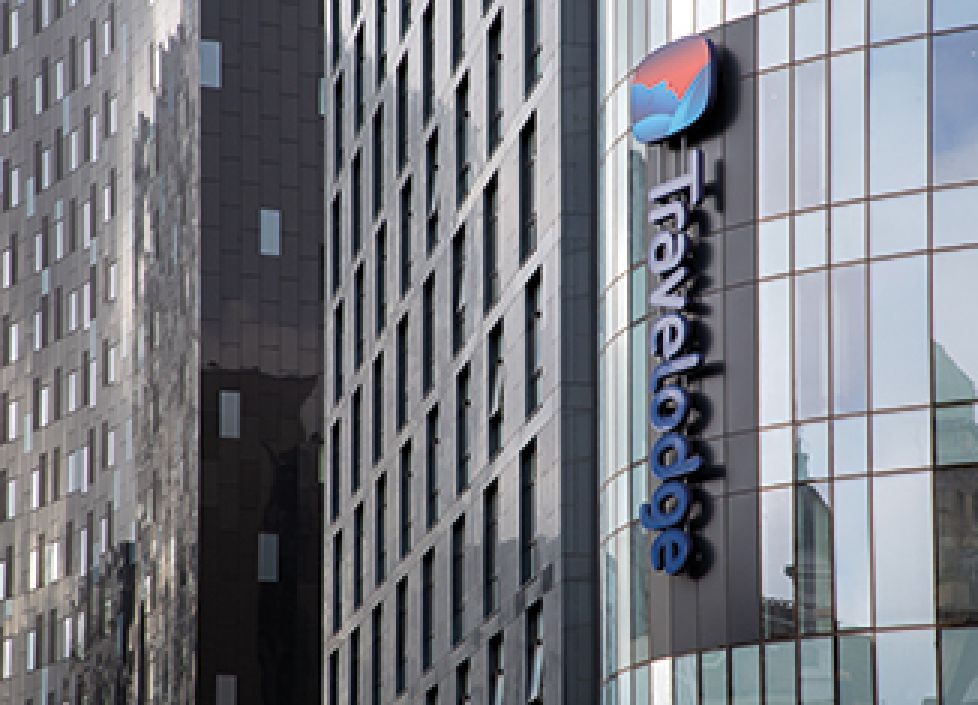HMRC’s new VAT domestic reverse charge for building and construction services came into effect on 1 March 2021. Specialists at chartered accountancy practice, Sheards Accountancy, have looked at what impact the legislation will have on both the construction and property industries.
The reverse charge will apply to all CIS registered businesses buying and selling construction services that are subject to CIS reporting, apart from those that are zero-rated, up to the point in the supply chain where the customer is the end-user. At this point, the normal reporting and collection of VAT resumes.
Where the reverse charge applies, rather than the supplier charging and accounting for the VAT, the recipient of those supplies accounts for the VAT. In practice, this will mean that where there is a chain of contractors/subcontractors working on a building project, for example, none of those entities will add VAT to their invoices, other than the main contractor who is invoicing the end-user of the property.
Currently, in Great Britain, there are 290,374 registered construction firms with 1,279,000 people employed in the industry. The construction sector has a monthly output of just over £14bn with average weekly earnings for construction firms of almost £6,500. But the industry has faced a number of challenges in recent years, which saw more than 3,500 insolvencies in the construction sector in 2019, equating to around a fifth of all insolvencies.
Kevin Winterburn, director at Sheards Accountancy, says: “The changes are a response to what HMRC have described as significant VAT fraud in the industry but they do in a way reflect a lack of trust to those operating in the sector from HMRC. The changes could have huge impacts on a company’s cash flow, so it’s essential that construction workers speak to their advisors, traders and suppliers.”




















